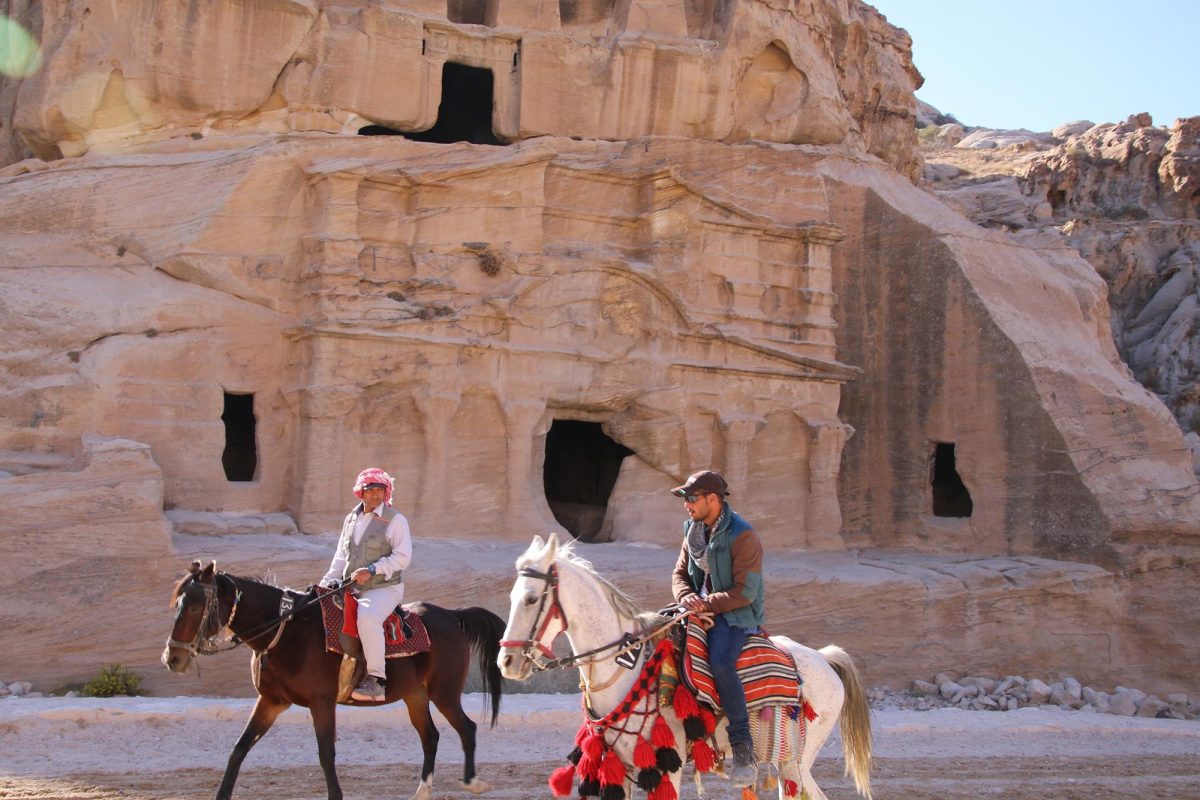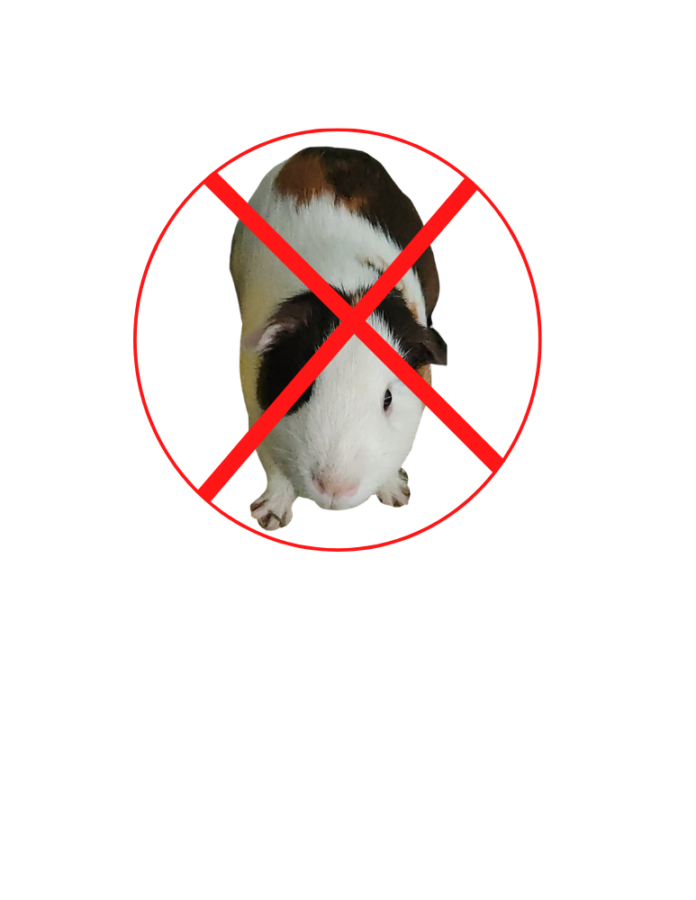Got Meat?
Plant-based burgers are the environmentally-conscious option
A nice meat alternative. Pizza is a great way to still get nutrients when eating plant based.
As time goes on, the relationship between food and people is constantly changing. From 1960 to 2019, the amount of red meat and poultry consumption by the American people has increased by 100 pounds per average person, according to nationalchickencouncil.org. As livestock increases, greenhouse gas (GHG) emissions skyrocket. Poor gut health in mistreated cattle is to blame. 14.5% of all GHG emissions come from livestock, according to fao.org. By limiting our beef consumption, we can limit irreversible damage to the earth and fight animal cruelty.
GHG emissions are formed by gasses that absorb heat in the atmosphere. The main atmospheric gasses are carbon dioxide, methane, nitrous oxide and fluorinated gasses, according to epa.org. Of those glasses, methane is 23 times more harmful than carbon dioxide, according to cfaes.osu.edu. It just so happens that cows are responsible for a large amount of methane in the atmosphere.
“Not only is there methane produced from the cattle but in some places, the run-off of manure pollutes neighboring streams and creeks,” Environmental Science teacher and Eco Club sponsor Angela Pecoraro said. “Another issue with raising cattle is that the owners of lush green forests are clear-cutting the forest to raise large numbers of cattle. Not only are they destroying the beauty and habitats of animals, but cutting down carbon dioxide absorbing trees as well.”
By eating beef, you are not only contributing to GHG emissions and deforestation, but you are supporting the poor treatment of the cows before they are slaughtered. Cows release methane mostly by belching, according to howstuffworks.com. Because of the cheap grasses the cows are fed, their production of methane has heavily increased across the years. The cows in captivity are treated poorly. When captive, cows are also more likely to develop severe medical conditions and become forcefully impregnated, according to animalequality.org. The poor treatment of the animals leads to more methane production, meaning that choosing beef is an active choice to support the poor treatment of the cattle.
“Around 5th grade, I watched documentaries on how animals are raised and slaughtered for our consumption, and it made me hate the idea of eating meat,” junior Keira Gonzalez said. “Watch documentaries on how the meat you eat is really being treated.”
Agricultural methane output could increase by 60% by 2030, according to howstuffworks.com. Roughly 23 gallons of water, and hundreds of square feet of land, are reserved for growing and raising an average feed crop. Between two and seven kilograms of carbon dioxide emissions are used in order to produce just one beef patty, according to impossiblefoods.com. Plant-based options use almost 70% less resources and produce less emissions overall, according to impossiblefoods.com.
Avoiding meat has many other benefits for the average person, such as a lower risk for heart disease and getting more for your calories, according to mayoclinic.org. By choosing the plant-based options over the traditional cow products at the grocery store, you are actively helping not only the environment but also your health.
“High blood pressure and diabetes run in my family,” Gonzales said. “Being a vegetarian lowers my chances of having to deal with those later in life.”
As the earth’s environmental health is waning, it is up to the younger generations to start making decisions on how to improve future life on earth.
“The younger generation is aware of what is going on and the solutions they are coming up with,” Pecoraro said. “I love it when students come back and tell me how they have made a change in their lifestyle to reduce their impact on the environment.”
Almost 89% of young people in a GlobeScan survey reported they believe they can make a change for the better when it comes to climate change and the environment, according to un.org.The benefits outweigh the cons when it comes to swapping out beef for plants. Eating less meat and going for a plant-based option can be one of those changes we can make to improve our lives in the long run.































